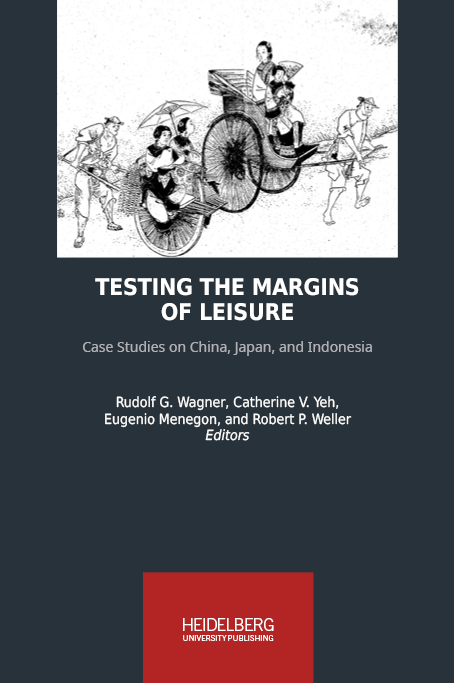How to Cite
License (Chapter)

This work is licensed under a Creative Commons Attribution-ShareAlike 4.0 International License.
Identifiers (Book)
Published
Leisure as Governable Space
Transcultural Leisure and Governmentality in Urban China
Abstract This chapter explores transcultural leisure development in contemporary China through the analytical lens of government. Drawing on research conducted in small cities and towns in Guizhou Province, the chapter focuses on the conception, construction, and use of new urban leisure spaces, and suggests that we view these as part of the state’s spatial apparatus of social ordering. Leisure is thus viewed as part of a suite of governing technologies designed to shape the conduct of China’s citizens in particular ways and toward particular normative goals of the state. The chapter explores the transcultural production of leisure in China under these circumstances, and finds that the governmentality of leisure derives from both Chinese and non-Chinese experiences, histories, and discourses of leisure. However, while leisure is promoted in China as a form of social ordering, actual practices of governing through leisure produce effects and outcomes that are both unintended and unpredictable from the perspective of planners, designers, and other governmental agents. These outcomes reveal a tension between the promotion of leisure as a new kind of ‘active’ citizenship and leisure as an instrument of social control on the part of the state. Viewed as ‘governable spaces’, then, leisure spaces are anything but straightforward sites for the reproduction of dominant modes of power. Instead, urban leisure spaces are also claimed by urban residents as constitutive of collective urban identities.
Keywords governmentality, governable space, leisure space, urban development, citizenship






